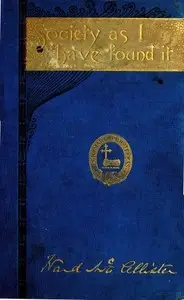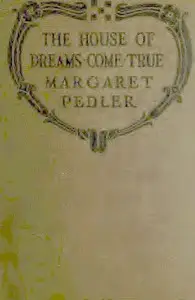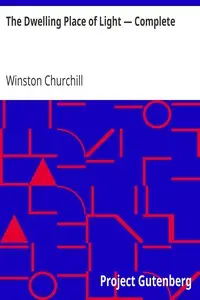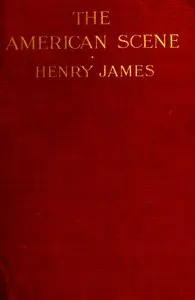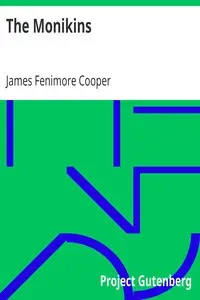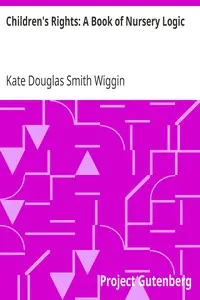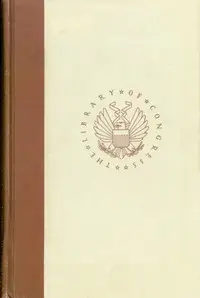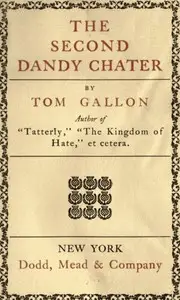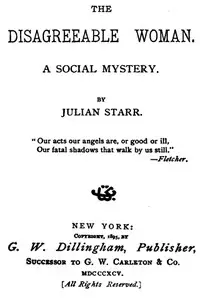"Home as Found" by James Fenimore Cooper is a continuation of the Effingham family's journey as they navigate life back in America, particularly emphasizing the nuances of American society and the characters within it. The story kicks off with Eve Effingham's return to New York, where she's tasked with managing her father's household and reconnecting with her cousin, Grace Van Cortlandt; however, their reunion is a mix of happiness and worry as the passage of time and different experiences shape their interactions. Initial conversations between Eve and Grace highlight their understanding of social differences and the challenges of American small-mindedness. As Eve settles into her new surroundings, the narrative hints at broader critiques of American life, touching upon class issues, the definition of success, and the personalities of notable figures like Mr. Bragg, the land agent, thus setting the scene for an exploration of personal relationships intertwined with the cultural landscape of America at that time.
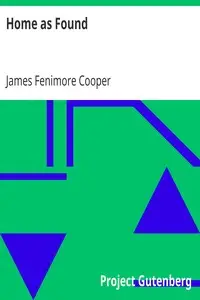
Home as Found Sequel to "Homeward Bound"
By James Fenimore Cooper
Returning home after time away, a woman confronts social complexities and personal challenges as she seeks to understand her place in a changing American landscape.
Summary
About the AuthorJames Fenimore Cooper was an American writer of the first half of the 19th century, whose historical romances depicting colonial and indigenous characters from the 17th to the 19th centuries brought him fame and fortune. He lived much of his boyhood and his last fifteen years in Cooperstown, New York, which was founded by his father William Cooper on property that he owned. Cooper became a member of the Episcopal Church shortly before his death and contributed generously to it. He attended Yale University for three years, where he was a member of the Linonian Society.
James Fenimore Cooper was an American writer of the first half of the 19th century, whose historical romances depicting colonial and indigenous characters from the 17th to the 19th centuries brought him fame and fortune. He lived much of his boyhood and his last fifteen years in Cooperstown, New York, which was founded by his father William Cooper on property that he owned. Cooper became a member of the Episcopal Church shortly before his death and contributed generously to it. He attended Yale University for three years, where he was a member of the Linonian Society.


